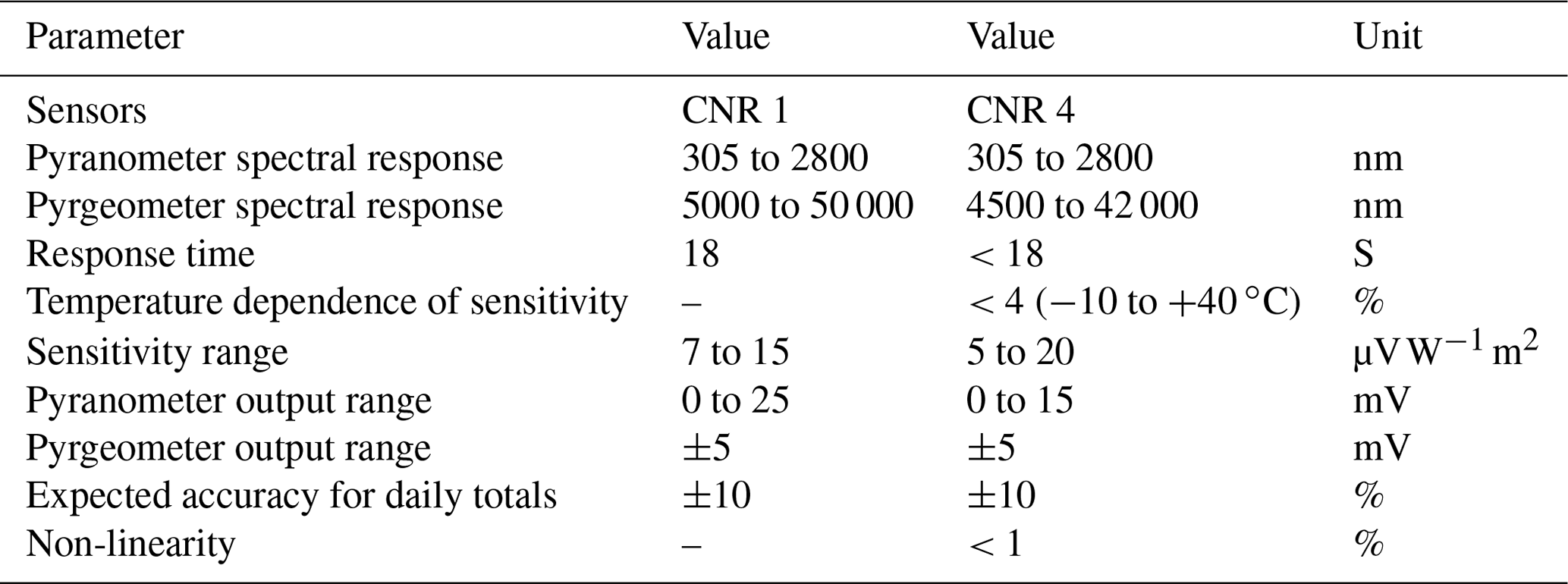

In Reply To:Have you ever measured either one against a certified measured mile or kilometer? By the way, what is your calibration standard/reference? So, maybe we just have to agree to disagree.Ģ015 USAT Long Course National Champion (M50-54) I certainly know that I don't lose ANY time as a result of wearing my GPS, and I know that it helps my run. So even if you don't look at your GPR/HRM during the race, it is better to have the data to know what went right or wrong, than to wonder "did I go out too hard?", or if you had a great race to not know what HR was the absolute limit and then use that in training. If you are not focused, it is not the watches fault. Last point, it is the user who chooses to allow themselves to become distracted by the watch/HRM/ etc. (I only race HIM, so that means HR for first third of run, feel until the end.) Moderate at first using pace and HR, then start ramping up at mile 4 and ignore the watch until I finish. For me both occurr in the same race, particularly on the run. But, I think there are also times when HR can help you race better. I agree that there are times to ignore the watch. The point was that I didn't know I even had a sighting issue until I wore the GPS. How about another speculation?īetter to aspire to Greatness and fail, than to not challenge one's self at all, and succeed. When you think about it, this additional distance introduced as a result of climbing and descending is not significant enough to explain your discrepancies. Accurate compared to what?Īnd for the record, if you do the math, you'll discover that the additional distance introduced as a result of climbing and descending is virtuallly negligible unless you are climbing or descending grades that exceed 25% on a consistent basis. Just what makes you think your bike computer is accurate? I always find it amusing how everyone, not just yourself, thinks their bike computer is accurate.

It measures your distance travelled from above, not necessarily your total travel."

The satellite sees you from above, and it doesn't really know that you're on a hill. Quote: "I find that the 305 just is not as accurate on hills as a bike computer. Have you ever measured either one against a certified measured mile or kilometer?īy the way, what is your calibration standard/reference? So are you saying your bike computer is dead on accurate and your 305 is consistently short by 2-3 tenths of a kilometer or are you saying your 305 is spot on and your bike computer is consistently 2-3 tenths of a kilometer longer than your 305? Is it 2-3 tenths of a kilometer shorter regardless of the distance traveled? Or is it 2-3 tenths of a kilometer shorter per kilometer traveled? I understand the Edge is better at this because it's altimiter is more accurate, but my readings with the Forerunner are usually off a bit on hilly routes. A satellite sees a number that is more representative of the "run" of the hill, and not necessarily the "slope", which is the total distance travelled. A satellite above you might not think that you've moved at all, because to a satellite it can't differentiate vertical movement all that well - even though you've clearly covered some sort of distance. Let's say you clmbed a REALLY high ladder - like 500ft high. Stupid example, but it will get the point across. It measures your distance travelled from above, not necessarily your total travel. I live in a hilly area, and I find that the 305 just is not as accurate on hills as a bke computer. It's fairly consistent, unless I do a flat ride - then they're pretty muc spot on. For example, after a longish ride (let's say 80k) my Forerunner 305 might be about 2-3 tenths of a kilometer shorter than the bike computer. I have found there to be some differences.


 0 kommentar(er)
0 kommentar(er)
